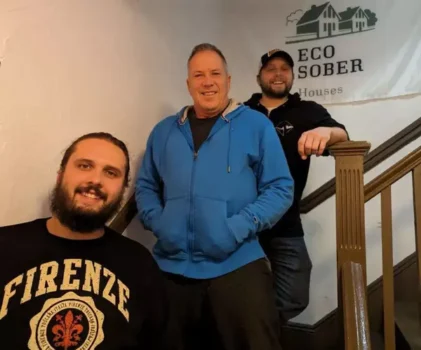
When we looked at 1.95 million RISE users aged 24 and up, we found their sleep needs ranged from five hours to 11 hours 30 minutes. So while cutting out drinking will likely benefit your sleep, there may be other factors affecting your shuteye. Even though a glass or two may help you initially drift off faster, it probably won’t benefit your sleep quality in the long run. Better sleep will not only leave you feeling more refreshed, it will also benefit your overall health and wellbeing.
When Should I Stop Drinking Before Bed?
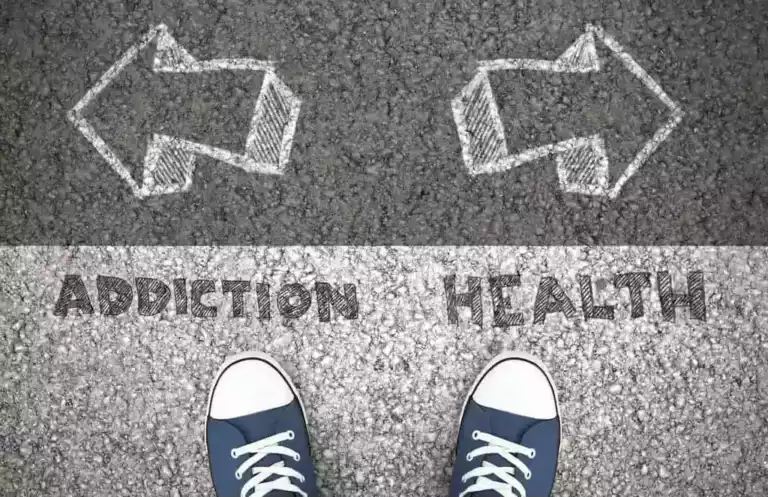
Others were gathered from a variety of reputable books and studies on the subject of nutritional repair for alcoholism and insomnia. Glutamate, a stress chemical that is suppressed during alcohol intoxication, rebounds to unnaturally high levels during withdrawal. I know this because I’m now an average person who has occasional insomnia. Fortunately, the remedies I’m about to share with you still work for me to this day. Consuming alcohol and experiencing restricted sleep reduces alertness during https://ecosoberhouse.com/ the day.
Link Between Anxiety and Insomnia
Physical exercise also helps you obtain more deep and restorative sleep, which can boost your body’s immune system, improve cardiac health, as well as decrease stress and anxiety. When you are physically active, you expend more energy, which will help you feel more tired and ready to rest at the end of each day, all of which make exercise a potent remedy for insomnia. According to the Substance Abuse and Mental Health Services Administration (SAMHSA), between 25 and 72 percent of people in care for an alcohol use disorder (AUD) have sleep issues. Insomnia, disturbed sleep cycles, sleep apnea, and other sleep-disordered breathing are examples of sleep problems. These problems can last for any period of time ranging from weeks to months or even years after the drinking stops. On top of that, insomnia and alcohol use disorder can interact in a bidirectional way.
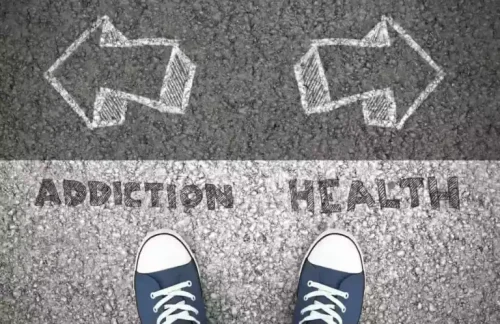
Disorders
Fast foods and other highly processed foods are often high in sodium, saturated fats, and added insomnia after drinking sugars. Like other foods mentioned above, these types of foods can have detrimental effects on your health and sleep when consumed in excess. Additional studies are needed to confirm the effect of carbohydrates on sleep quality and duration.
- Obviously, I can’t control everything, and have no plans not to have any fun in the evening because it might affect my sleep score!
- Start your recovery journey with peace of mind, knowing your care is covered.
- I’d like to reach a year, at which point I might reassess the situation.
- Subjective complaints of insomnia may persist up to 2 years into sobriety (Cohn et al., 2003, Wellman, 1954, Kissin, 1979).
- There is some inconsistency in the literature relating to REM sleep abnormalities during sustained recovery.
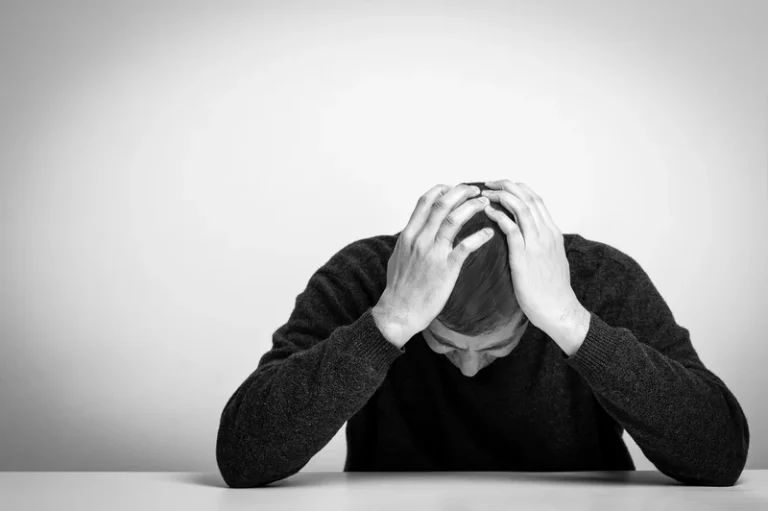
However, it is also important to note that many people experiencing insomnia during withdrawal and recovery also had insomnia before they became dependent on alcohol. In fact, 12-step recovery programs often refer to the factors that increase a person’s risk for relapse as HALT, standing for Hungry, Angry, Lonely, or Tired. Sleep disruptions may increase the risk that a person will feel tired, which might cause a person to reach for a drink if they feel like they can sleep sober. This article discusses how alcohol affects sleep and the disruptions you might continue to experience after you quit drinking.
- By seeking professional support and allowing your body time to heal, you can navigate this challenge and reclaim your right to rest.
- Though alcohol may help you fall asleep faster, it can disrupt the important REM stage of your sleep cycle, leading to lack of sleep or sleep disorders like insomnia.
- People experiencing insomnia long after the acute withdrawal phase may be experiencing post-acute withdrawal syndrome.
- To give some clear examples, I had brighter eyes, more energy, better skin, better digestion, and more energy when I quit alcohol and sugar.
- However, research has shown that alcohol disrupts your REM sleep, and can make you more wakeful during the second half of the night.
- For example, many alcoholics in post-acute withdrawal have insufficient levels of excitatory neurotransmitters (like dopamine) during the day, which can make it harder to fall asleep at night.
- Today, she educates and empowers others to assess their relationship with alcohol.
- Just like you set an alarm to wake up, it is equally crucial to maintain a regular sleep schedule.
Insomnia will continue most of the time Alcohol Use Disorder you have withdrawal symptoms. This duration differs based on the individual; however, it generally lasts about a week to 10 days. Any insomnia that lasts longer than detox is more likely to have a psychological cause than a physical cause. Recovering from alcohol addiction often involves several common side effects, including symptoms of insomnia. Whether you’re currently recovering or thinking about starting your recovery journey, you may be wondering how long symptoms of insomnia may last after quitting alcohol.
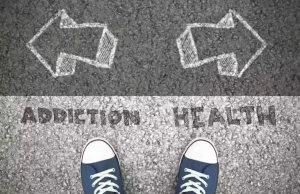
- Several factors can influence how quickly and to what extent sleep improves after giving up alcohol.
- When you’re heading to bed after a long day, a few drinks can feel like the perfect way to get some shuteye.
- Later that night, hours after I went to bed, I would get tired of my brain feeling like it was on fire and head to the kitchen to pour myself a drink so that I could finally fall asleep.
- They may find it easier to fall asleep naturally and experience fewer night-time awakenings.
For example, the liver, harmed by excessive alcohol, can start healing. Calories saved from alcohol can also contribute to weight loss and better cardiovascular health. Furthermore, breaking free from alcohol dependency can also improve the skin, as alcohol causes dehydration leading to premature skin aging. Lastly, solid sleep can help maintain a strong immune system, reducing the risk of falling ill and ensuring a more consistent work schedule. REM sleep – the dream-stage of sleep, where most restorative processes occur – is adversely affected by alcohol. After drinking, you might notice that you dream less, which is a typical indication of shortened REM sleep.
